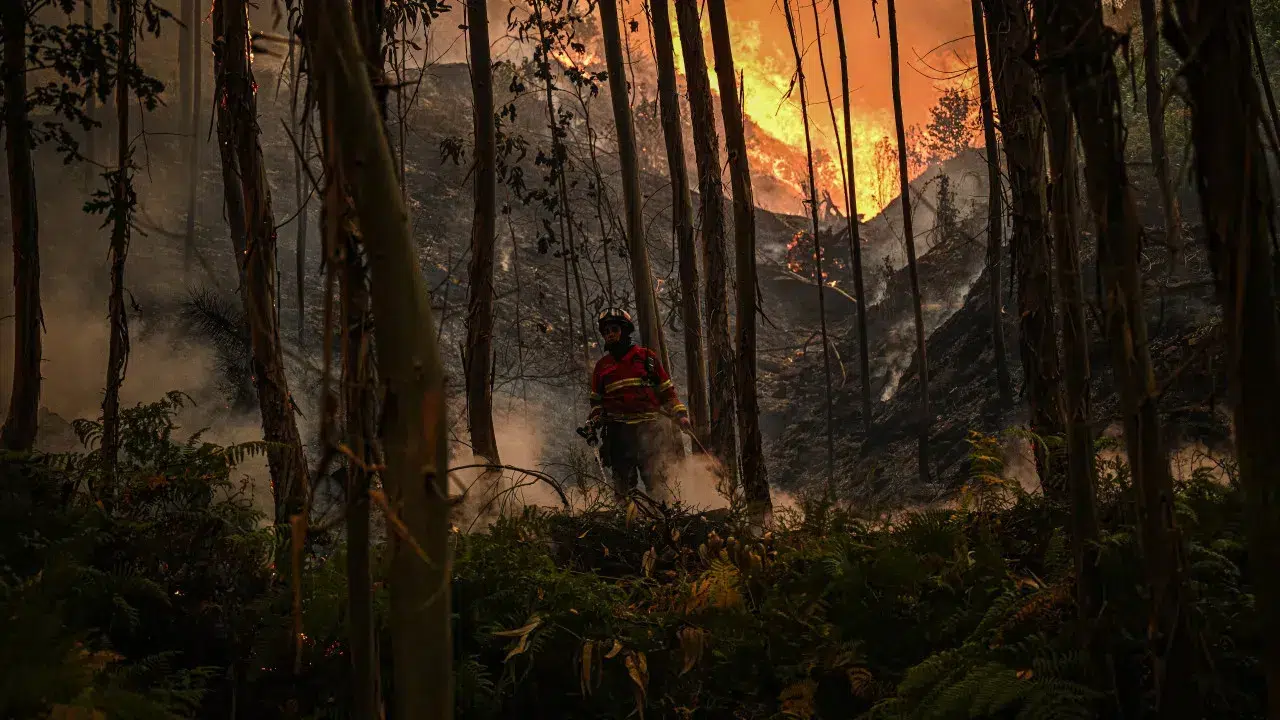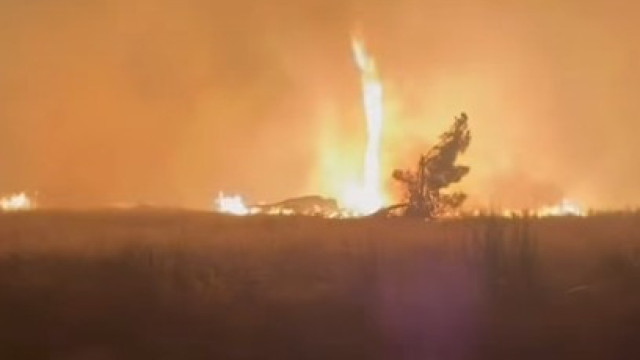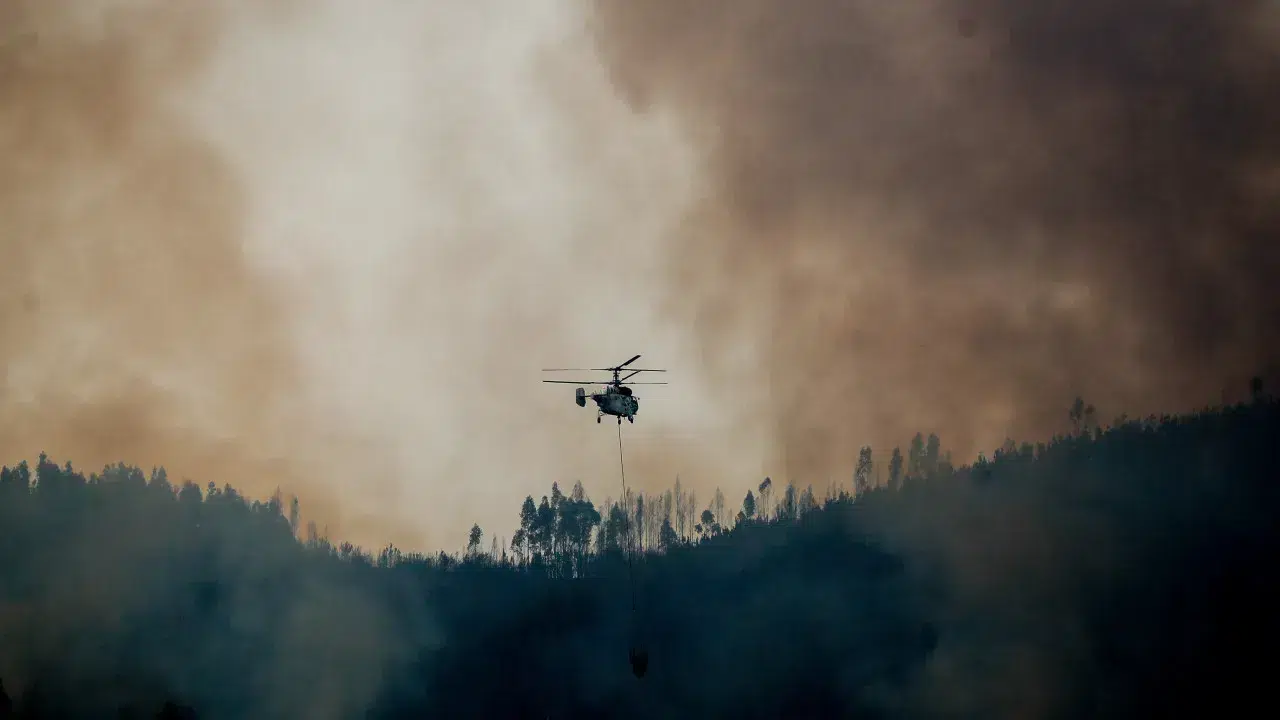
“There are many sapper teams working with municipalities. This preventive work is ongoing throughout the year. I am not sure if there is such a widespread and well-defined prevention strategy,” said Paulo Lucas to Lusa.
The doubts of the director of Zero – Sustainable Earth System Association arise from observing, “for example, sappers doing completely useless things,” such as clearing “the same areas where vegetation hardly grows,” or selecting species that advance their flowering and fruiting periods.
In this regard, “they are simplifying natural habitats and these forest areas near urban spaces,” and, therefore, there isn’t “certainty that these forest sapper teams truly generate a positive impact.”
“We believe there is a strategy behind this, but there is no evidence of the effectiveness of these teams, whether the areas where they are conducting preventive silviculture have served as a barrier to fire, or if they have helped prevent the fire from spreading so easily,” he stated.
For Paulo Lucas, there is a policy not based on results: “We have public policy that pours money into things but then does not monitor or evaluate […]. This also reflects on the logic of the sapper teams, even in municipal policies in general; it is not a policy of evaluating these results.”
“For us, this is absolutely critical – understanding what went wrong in these fires. We already have a system of learned lessons; the AGIF [Integrated Forest Fire Agency] has already implemented this system, but it clearly needs strengthening,” he advocated.
The activist emphasized that without learning, progress is limited, and it is necessary to “learn from what went less well and identify areas for improvement.”
“Because mistakes are important. We should value mistakes, not hide them. And it seems there is a policy almost of hiding weaknesses; it is not worth hiding weaknesses, we must identify them and then address them,” he stressed.
He noted that some mayors are only concerned about fires “when the fire reaches their doorstep,” although the safety of populations and prevention are “clearly a municipal issue.”
However, responsibility cannot be solely attributed to the municipalities, as there are “significant delays at the level of Aldeia Segura,” and in the “Condomínio de Aldeia” program, there is also considerable delay in investment.
“The Condomínio de Aldeia is, in fact, a PRR [Recovery and Resilience Plan] project, so it should be a bit more advanced. We placed some hope in the Condomínio de Aldeia, but we still haven’t been able to perceive the results,” noted Paulo Lucas, adding that data requested from the Environmental Fund indicate that execution “is not progressing much.”
According to the activity report presented in June by AGIF, under the Condomínio de Aldeia program, “by the end of 2024, 903 villages were already approved for fuel management in rural clusters and around built-up areas,” with an “approved eligible investment of 31 million euros.”
The environmentalist pointed out that mayors “really have little impact” in responding to fires, especially in inland territories, “financially disadvantaged,” lacking equipment and scarce human resources.
Mayors, he emphasized, do not have influence over aerial resources or firefighters and, in this sense, “feel quite powerless,” as they are responsible for civil protection in their respective municipality, “but command little.”




